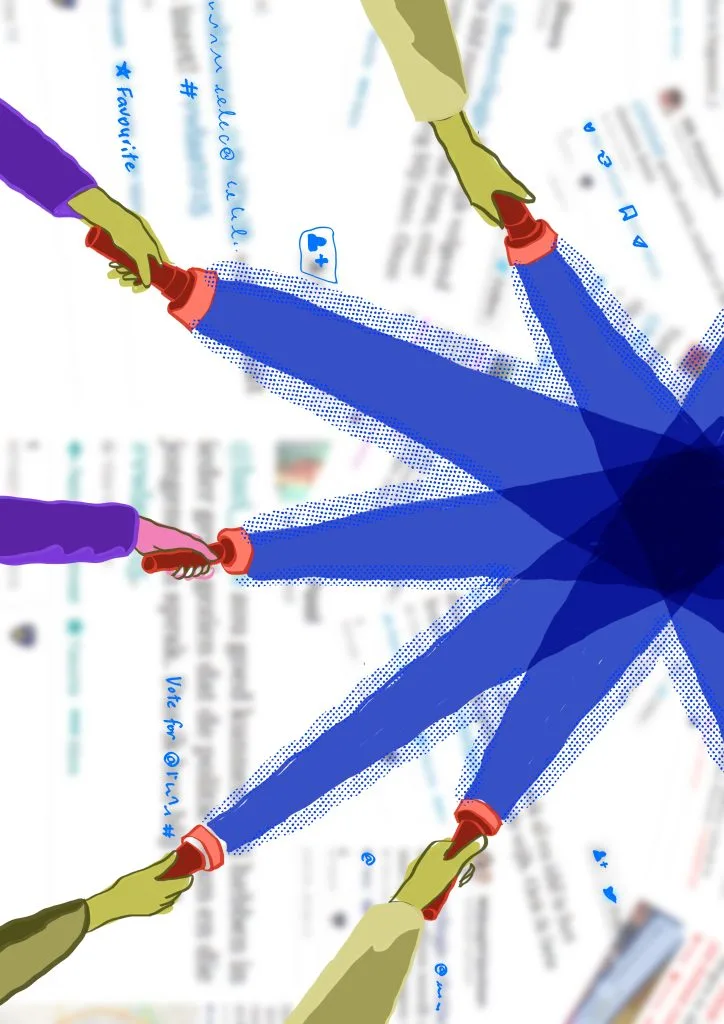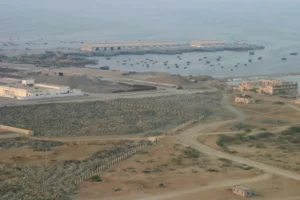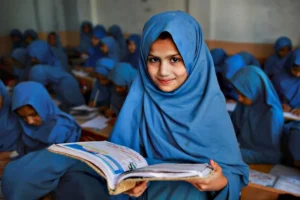The rise of the internet and social media has drastically transformed the realm of politics. The world has entered a new digital sphere of politics, which is rich with potential for participation but simultaneously laden with difficulties. The 2024 Pakistani General Elections were an iconic moment, fueled by the growing impact of technology and social media, while moulding political landscapes. As political parties such as the Pakistan Tehreek-e-Insaf (PTI), Pakistan Muslim League-Nawaz (PML-N), and Pakistan Peoples Party (PPP) lined up for the key moment, they all made effective use of digital media in their respective campaigns. The internet and social media have substantially revolutionized how elections are organized, and the individual candidate’s prominence over the traditional party has never been stronger or more emphasized than it is now.
The digital era demands significant leadership adaptations.
The digital era demands significant leadership adaptations. Digital platforms have enabled leaders to manage teams more effectively, while also engaging with people on individual level, sharing real-time opinions and responding to questions. This trend has altered how leaders create interactions, with those that thrive at utilizing social media perhaps perceived as more personable and trustworthy. Beyond interpersonal connections, the digital era has had a profound impact on society and politics. While traditional media was the dominant source of information, the internet allows for more access to different points of view, resulting in more (dis)informed and politically active people. Digital platforms have become a catalyst for organizing rallies, protests, and political events, providing a dynamic and competitive political setting, while also facilitating the rise of new grassroots leadership.
Leadership in the digital age involves employing digital tools to develop real connections with individuals, actively participating in two-way communication, and efficiently mobilizing support. The electoral setting has become intrinsically linked to the digital sphere, making digital literacy and strategic web presence critical components of successful governance in modern countries. Although all major political parties swiftly incorporated technology in their pre-election preparations, the social media team of a particular political party were able to make the best use of technology despite the restrictions they faced. Furthermore, hashtags are developed as an effective technique for controlling online discourse and generating debates about crucial campaign issues. Some of experts claimed that a certain political party actively promoted independent candidates using social media platforms including as Facebook, Twitter, and Instagram. They strategically utilized relevant hashtags and themes to gain attention and engage with potential voters. These hashtags frequently merged the names of specific candidates with larger party slogans or campaign theme.
While the other parties also attempted to follow that particular political party, however they were not as effective. One possible cause is reliance on traditional approaches of campaigning. Another reason for effective use of digital forms is that the majority of political supporters are young people, who are well aware of the functioning of digital forms, and these individuals have followed certain political leaders and admire their personalities. Whereas PPP and PML-N candidates are as old as their parties, print and electronic media are their biggest sources of information.

Pakistan is third in worldwide rankings for imposing nationwide internet bans due to the increasing influence of negative use of digital sites.
Pakistan is third in worldwide rankings for imposing nationwide internet bans due to the increasing influence of negative use of digital sites. In Pakistan, the internet has evolved into a battleground. One battled with restricted internet and targeted shutdowns, rather than tanks and missiles. Less than two months into 2024, Pakistan’s 128 million internet users have been regularly thrown into digital darkness, with interruptions to mobile networks and social media sites. In at least three instances in January, social media services such as Facebook, YouTube, and Instagram were inaccessible. Following the general elections, X (previously Twitter) is facing a statewide ban, the longest in the country’s history. After each political incident, the government imposes a restriction on digital networks in order to prevent more political unrest. The politicization of digital forms has devastating effects on the freelancer community in Pakistan. repeated disruption can derail years of development and leave overseas clients in a state of uncertainty as the world’s third-biggest base of freelancer workers.
Also Read: Dark Web’s Political Manipulation: Tactics and Risks
Candidates are using social media to sidestep the more costly forms of communication, including newspaper ads, processions, and lengthy broadcast debates, which no longer meet the electorate’s rising need for accountability. Furthermore, the Election Commission has no control over what is shared or generated in the name of the election. This raises concerns because social media may be used as a weapon to disrupt the democratic process, which is an unwelcome act in an already politically and economically troubled country. The misinformation in this critical time is likely to have an impact in a way that will exacerbate ahead and increase the likelihood of offline misuse.
In today’s interconnected world, digital access is no longer a luxury but a necessity, and its deliberate curtailment stifles innovation and progress. If a technology could be utilized in well manner, it could have charming effects. Adopting digital tools to run the political campaigns and spread awareness is the need of time, and those who have utilized it in well manners could lead the race. Perhaps most concerning are the impacts of disruptions created by digital forms on democracy itself. Because the flow of information coming on digital platforms is difficult to control. To lessen the negative impact of the digital world on politics, citizens must be equipped with media literacy skills. People must be able to critically evaluate facts online, recognize reputable sources, and recognize disinformation. Finding a balance between free expression and preventing harmful information on social media platforms is a difficult but vital endeavour. The new digital world of politics provides enormous opportunities for a more involved and informed populace. However, addressing challenges and exploiting the opportunity will need a collaborative effort from political leaders, policymakers, and individuals themselves.
The opinions shared in this article reflect the author’s personal views and do not necessarily align with the institution’s official stance.
Sara Nazir is an Islamabad-based researcher with a background in Strategic Studies & area of interest is non-traditional warfare. She can be reached on saranazeer2@gmail.com & @SaraNazir13 (on X).




